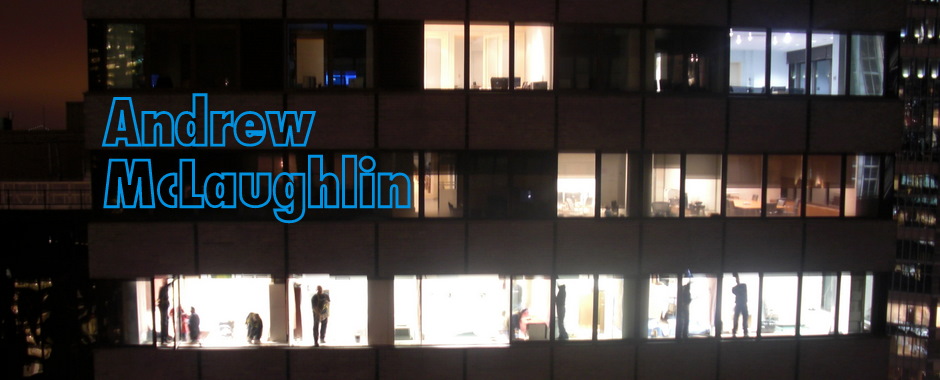In the wake of massive protests in Egypt, other countries have been paying attention and sometimes covering things up. The government of China is suppressing mentions of the uprising. Iran is blocking access to news sites, perhaps fearing renewed protests in their country.
That's not all that surprising. They've been filtering the Internet for a long time. What Egypt did -- yanking the Internet almost entirely offline -- that's new.
On today's show, we look at the precedent set by Egypt's decision to block most Internet and cell phone access in that country. Jonathan Zittrain joins us. He's co-founder and co-director of Harvard's Berkman Center for Internet and Society and a frequent guest on our show. Jonathan says that while Iran, China, Saudi Arabia, and other countries have means to filter the Internet, Egypt's online system has always been pretty open so when they wanted to block it, they had to go all the way.
Andrew McLaughlin also joins us. He's a former director of global public policy at Google and former deputy chief technology officer for the Obama administration. He says while it was incredibly difficult to get online within Egypt's borders, neighboring countries had no issues at all, even though in many cases, their traffic goes through Egyptian territory.
Andrew tells us that Egypt has worked hard to position itself as a trustworthy hub for underwater cable that goes through the Red Sea, connecting to nearby countries. That service has not been disrupted.
As for what this means for other countries facing similar protests, we just don't know yet since Egypt's actions were unprecedented. But as protests begin to gather in other countries (and keep in mind that Egypt's protests were fueled by the overthrow in Tunisia), it's likely more governments will need to decide what to do about the Internet.
